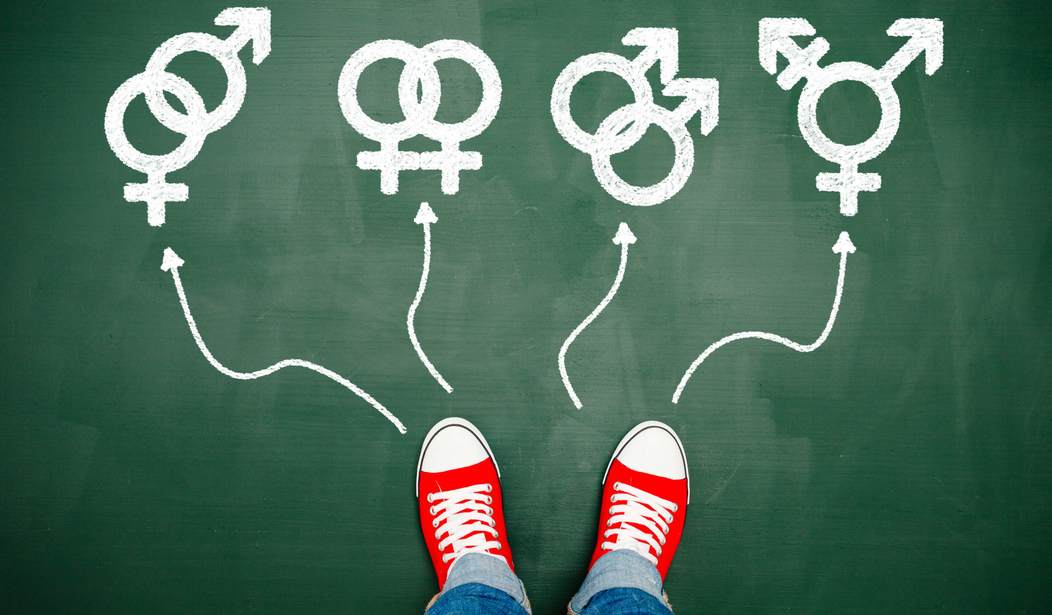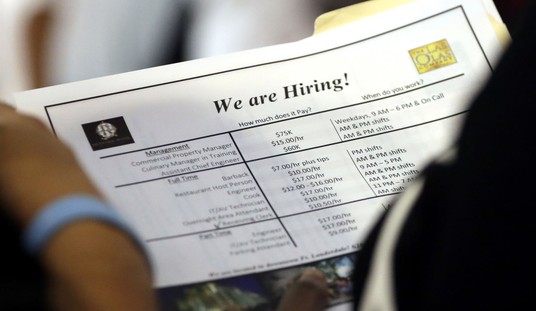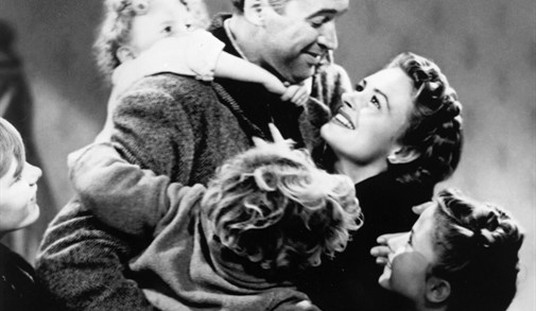“The radical Muslims on American campuses are getting more belligerent, far more militant,” author and lecturer Nonie Darwish tells me. “They have perfected their intimidation and disruption techniques.”
Darwish is a beautiful and passionate speaker. She is an expressive, emotional orator, dramatically thrilling (as so many Arabs can be), but Darwish is also soft, almost maternal when she speaks. She is also very clear, very firm, and totally uncompromising. She grew up in Cairo and in Gaza and now lives in America. She has founded Arabs for Israel. She is pro-American and also concerned with women’s rights. Her first book, Now They Call Me Infidel: Why I Renounced Jihad for America, Israel, and the War on Terror, is clear-sighted, well-written, and extremely brave.
Darwish is the daughter of a high-ranking Egyptian military officer who died in battle against the Israelis and who is considered a “shahid,” or martyr. While she continues to love her father, she has “shaken off,” renounced, the hate propaganda with which she was raised.
Last week, on October 18, 2007, our hero Darwish spoke at the all-female Wellesley College as the guest of Hillel on campus. She was not treated as a hero; then again, maybe she was, maybe her treatment is precisely how heroes are greeted on American campuses today.
About 80-100 students came. Far more Muslim than Jewish students came and “so many” of the Muslim girls were wearing head-scarves.
According to Darwish, the female students in head-scarves did the following: As she spoke, they made exaggerated, “mean girl” faces at her. They rolled their eyes, practiced “disbelieving” facial expressions–did everything but stick out their tongues. And they continued to talk to each other in loud whispers while Darwish spoke: “How can she tell such lies!” “I was never, ever indoctrinated against Jews!” “Can you believe what she is saying?” “We do not call Jews pigs and apes, how can she lie about her own people?”
In addition to the “mean girl” faces and the continual loud whispering, one by one, at least four to five head-scarved girls, got up to leave the room during Darwish’s speech. This meant that each girl took two minutes to move to the end of her row, physically causing the other students to get up or twist aside, causing the entire room to look at the departing student, not at their invited guest–and then each girl did precisely the same thing when she returned two minutes later, presumably from a bathroom break.
They quadruple-teamed Darwish and did not stop until Darwish ended her lecture. Twenty to thirty minutes of soft-core, well-choreographed, goon squad behavior. “They are Hamas-trained” says Darwish.
“And all the while,” Darwish says, “the Jewish students cringed and cowered, so afraid that they might have hurt Muslim feelings. (Or rather, that the Muslims might physically hurt them afterwards. According to Darwish, one Jewish student told her that “she “was locking her door. I am scared.”)
She is probably right to be. During the Question and Answer period, many of the head-scarved students expressed calculated, injured outrage. “How dare (Hillel) bring this woman to our campus? How dare she insult Islam, tell lies about Islam” etc. “We are free under Islam, how can she deny this?”
Darwish had first been asked to speak about Muslim women who live under Muslim religious law. Then, at the last minute, Hillel had asked her to talk about something, anything else–about Israel, not about Islam. Apparently, the female Muslim chaplain on campus had warned the Hillel students not to allow Darwish to “say anything bad about Islam.”
One must not expose Islam’s long record of gender and religious apartheid and if one does, one is treated as a traitor and a liar and silenced in violent ways.
Ironically, the flyer describing Darwish’s visit advertised her speech as one about “peace.” Darwish was the last to know about it. Still, she rode the wave. “We can’t have peace unless each group engages in self-criticism which is what I am doing.”
The Muslim chaplain at Wellesley herself wears a headscarf, and arrived accompanied by a bearded male companion. Darwish asks: “Who is paying for all these Muslim chaplains on every American campus? Why are they needed? What is their real role?”
In Darwish’s view, “the happiest Muslims on earth are those who live under Judeo-Christian laws, not under Shari’a law.” These young girls are “disconnected from the reality of Islam.” Or, they are exercising the “only power anyone, men or women, are allowed to have: the power to enforce the status quo and to further the Muslim jihadic mission.”
Darwish repeated, many times, that “not all Muslims are terrorists, but so many terrorists are Muslims”; that she is “not speaking about peaceful Muslims or about each and every Muslim” but about Muslims who uphold a reactionary status quo.”
Darwish concludes: “Muslim girls like these are like gangsters. They know more about their rights in America than the Jewish girls do. The Muslim girls all have a chip on their shoulders.”
And then she is silent. Softly, she says: “We are fighting an avalanche. We are too few. I am frightened by my culture of origin. I am scared of my own people.”
I do not think that campus lecturers should have to face disruption and intimidation; such working conditions are far too hostile.
However, one of the approximately ten students who gratefully crowded around Darwish after her speech was over, wrote to thank her for her “powerful testimony.” This student apologized for how “disrespectfully” so many Wellesley students had treated Darwish. But she ended her note this way: “You are giving me the hope and strength to stand against extremism.”
All in all, it was a good day for heroes.









Join the conversation as a VIP Member